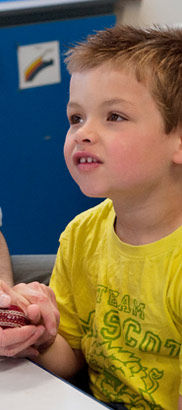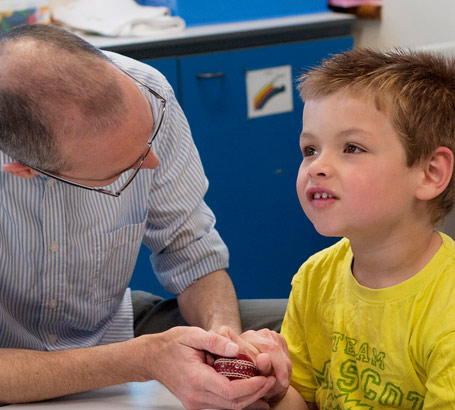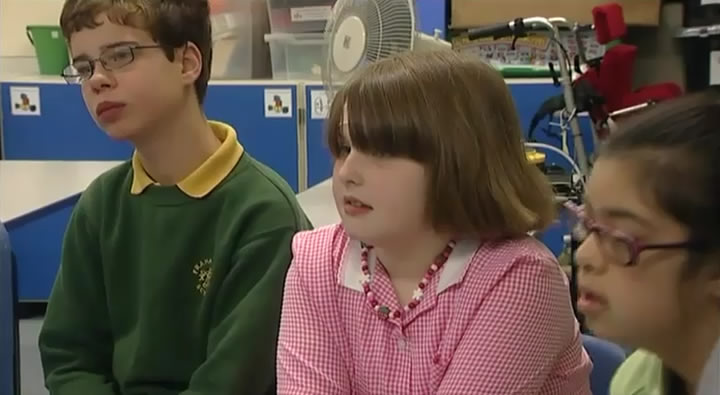Case study: Jack
Listen to Jack's mother, Maria, describing the difficulties he has.
How are Jack's difficulties caused or affected by the situation he is in?
How does Maria try to control Jack's behaviour?
Answer
Jack's behaviour is affected by noise and crowded places so Maria tries to avoid putting Jack in such stressful situations.
Return
Changing the consequences

Learning and development happen in context.
One of the simplest frameworks for understanding this context comes from behavioural psychology. This says that what children learn depends on the consequences of their behaviour:
- If a child receives a pleasant consequence after their behaviour they are likely to repeat the behaviour.
- If they receive an unpleasant consequence after their behaviour they are not likely to repeat it.
- The degree to which they perceive the consequence as pleasant or unpleasant will depend upon the strength of the relationship they have with the person concerned.
- Over time a child learns how to behave based on their past experiences.
Use of rewards
We often use rewards as a positive consequence and to encourage the behaviour we would like to see.
Watch positive reinforcement being used with a class.
Changing the environment

- By changing the environment you can change the child's behaviour. In particular the focus should be on what triggers the behaviour.
- A good way of identifying triggers is to keep an ABC chart.

